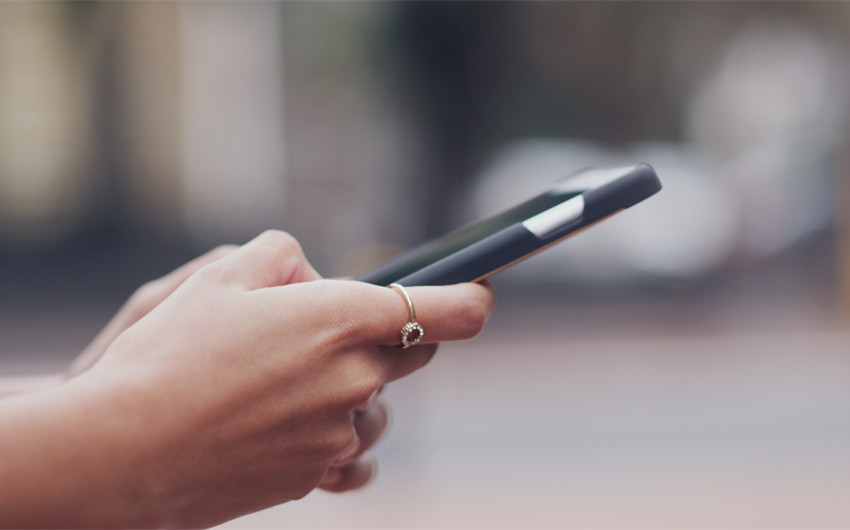The Rise of Understandable Have a Nice Day in Culture
You’ve probably seen it in a comment section, meme, or text thread: “Understandable, have a nice day.” It’s short, polite, and oddly satisfying. On the surface, it sounds like a standard customer service sign-off—but online, it’s taken on a life of its own. It’s a phrase that can be sincere, sarcastic, funny, or unexpectedly kind, depending on how it’s used.
Somehow, it captures that perfect mix of acceptance and gentle detachment. In just five words, it says, “I get it—and I’m moving on.” So why has this simple sentence struck such a chord with so many people? Let’s explore.
Where It Comes From: The Internet Origin Story
Like many internet catchphrases, “Understandable, have a nice day” didn’t start with a single viral moment—it quietly made its way into meme culture through screenshots, text exchanges, and wholesome online humor. It often appeared in fake customer service chats or exaggerated polite conversations, where someone would explain something awkward, and the other person would respond with this ultra-courteous, almost robotic phrase.
Its charm lies in the contrast—it’s overly formal, yet completely chill. It became a punchline for gracefully exiting weird or dramatic situations, and its flexibility made it spread fast. Whether used to diffuse tension or deliver a laugh, the internet embraced it as a sort of modern-day mic drop—soft, but definitive.
From Reddit threads to TikTok captions, it evolved from a joke into a cultural wink: a way of saying, “No hard feelings. Let’s keep it moving.” And that combination of politeness and detachment is exactly what made it stick.
Why It Feels So Relatable
There’s a reason “Understandable, have a nice day” hits home for so many of us—it taps into something we’re all quietly craving: to be heard, accepted, and released without judgment. In a world full of over-explaining, defending choices, and tiptoeing around opinions, this simple phrase offers a soft landing. It says, I might not agree, but I respect your perspective—and we’re good.
It’s relatable because it mirrors how we often want interactions to go. No drama, no dragging things out—just a peaceful exit. Whether it’s used after someone shares a personal opinion, cancels plans, or makes a surprising confession, the phrase carries a calm, non-confrontational vibe that feels surprisingly refreshing.
And while it’s often used playfully or ironically online, it still delivers a small sense of validation. It acknowledges the moment without asking for more. In a way, it gives permission to let go, to not overthink, to just move on—with kindness, or at least neutrality. And that? That feels oddly comforting.
Using It in Real Life
“Understandable, have a nice day” may have started as a meme, but it’s surprisingly versatile in both real-life conversations and online interactions. Its tone can shift from sincere to sarcastic to silly, depending on how you use it—which is part of the fun. But it also has a gentle usefulness, especially when you want to acknowledge something without diving into debate or drama.
In real life, it can be a peaceful way to bow out of small disagreements:
Friend: “I actually don’t like chocolate.”
You: “Understandable, have a nice day.”
No follow-up, no judgment—just a graceful pivot.
Online, it’s often dropped into comment sections as a kindhearted (or cheeky) response to hot takes, confessions, or unpopular opinions. It adds a touch of humor while still being oddly polite.
The key is tone. Said with warmth, it can genuinely defuse tension. Said with a wink, it can lighten the mood. It’s become a go-to phrase for situations that don’t need resolution, just acknowledgment. Whether you’re wrapping up an awkward moment or letting someone know there are no hard feelings, this five-word gem is a polite, playful way to say: I hear you—and I’m moving on.


